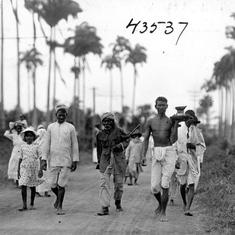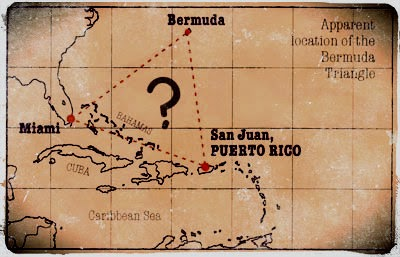
Avellon Williams
TRINIDAD AND TOBAGO- The stories of Indian indentured workers have been buried under the sands of time, forgotten, and neglected. But it is high time that we reclaim and resurrect these narratives, for they are an integral part of our shared history.
In the annals of colonialism, the tales of Indian indentured workers are often overlooked, overshadowed by other dominant narratives. These brave souls, hailing from different regions of India, embarked on perilous journeys across vast oceans, leaving behind their homes and families in search of a better life. They were enticed by the promise of work, but little did they know of the hardships that awaited them in distant lands.

Their stories are not mere footnotes in history; they are sagas of resilience, fortitude, and the unyielding human spirit. These workers endured grueling labor, harsh conditions, and cultural alienation, yet they found ways to preserve their identity, traditions, and beliefs. They formed close-knit communities, created makeshift temples, and celebrated festivals in faraway lands, keeping alive the essence of their homeland.
Through their toil and sacrifice, Indian indentured workers played an instrumental role in shaping the societies and economies of distant lands. Their blood, sweat, and tears watered the sugar plantations, built railways, and laid the foundation of new nations. Yet, their contributions have often been overlooked or underappreciated, relegated to the sidelines of historical discourse.
It is our responsibility to reclaim these forgotten stories and give them the recognition they deserve. By doing so, we honor the struggles and sacrifices of our ancestors, and we shed light on a chapter of history that has long remained in the shadows. Their stories remind us of the resilience of the human spirit and the enduring quest for dignity and freedom.

Reclaiming these narratives involves not just uncovering historical records but also seeking out the voices of descendants, hearing their oral histories, and documenting their experiences. It means creating spaces for dialogue, education, and commemoration, where the stories of Indian indentured workers can be shared, discussed, and remembered.
In schools, universities, museums, and cultural institutions, these stories should find a prominent place in curricula, exhibitions, and research. By weaving them into the fabric of our collective memory, we ensure that the legacy of Indian indentured workers is not lost but celebrated as an integral part of our shared heritage.

Let us embark on this journey of remembrance, empathy, and understanding. Let us reclaim the stories of Indian indentured workers and give them the place of honor they deserve. In doing so, we not only pay homage to the past but also enrich our present and shape a more inclusive and compassionate future.
RELATED:




